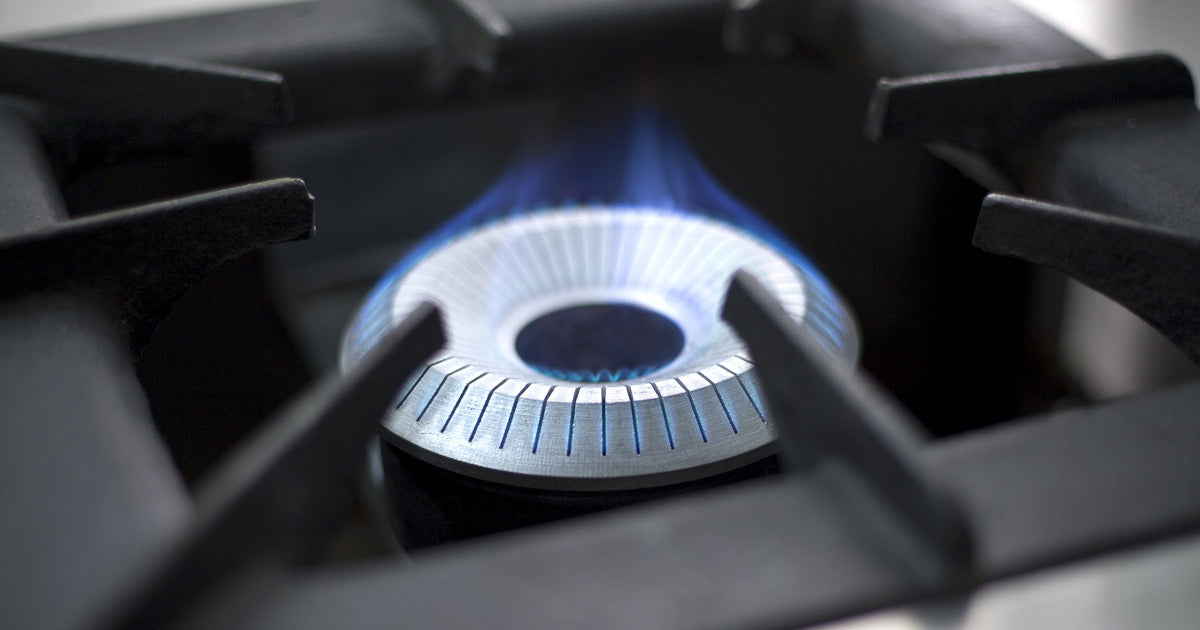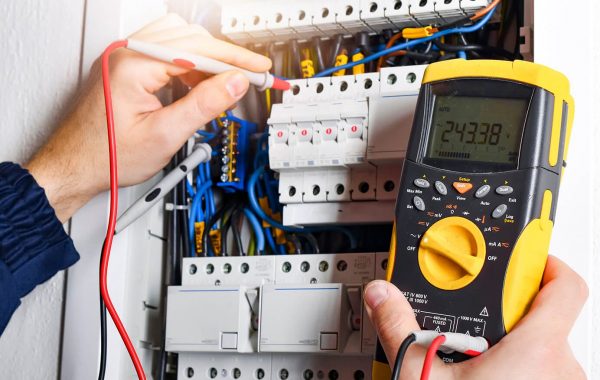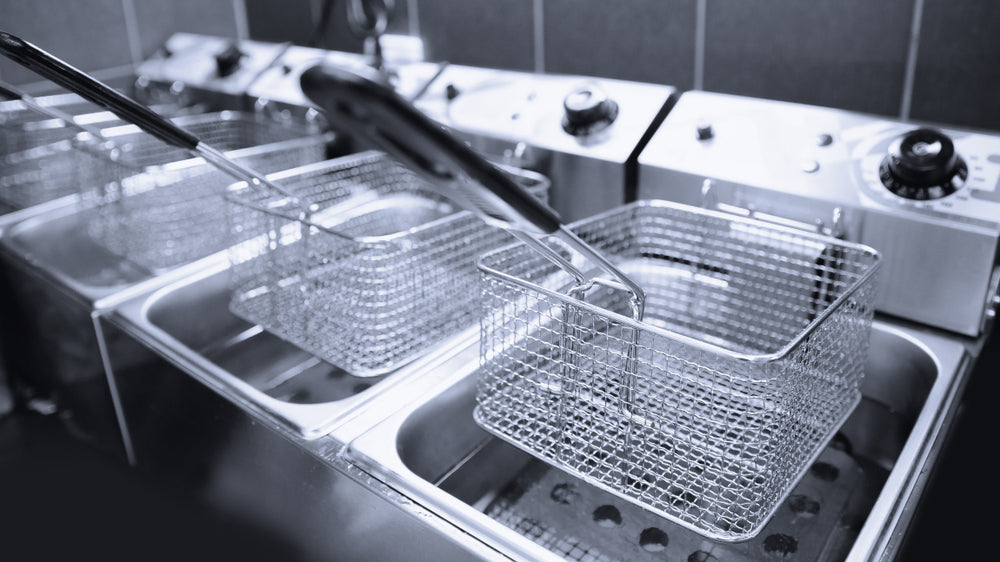Choosing Single Phase Or Three Phase Electric Appliances
SINGLE PHASE OR THREE PHASE?
If there’s one thing that all catering appliances have in common, it’s power. Every machine, from blenders and blast chillers to cookers and combi ovens all require either a gas or electricity connection.
With electrical appliances, one of the most common questions we get asked here is “What’s the difference between single phase and three phase power?”. As power requirements can vary greatly between machines, it's vital to know the difference to ensure your investment is an asset to your kitchen.
Please note if you’re not absolutely sure, we highly recommend seeking advice from a professional electrician as to whether an appliance is suitable for use in your business.
SINGLE PHASE VS 3 PHASE
In simple terms, single phase power has just one Live wire. 3 phase power uses three Live wires. Both will also have one neutral wire and in almost all cases an earth wire too. As such, three phase power supplies a more constant, reliable current and is common on the most powerful commercial catering machines.
- Single phase machines up to and including 13 amp 3kW rating will usually (not always) have a 3-pin plug fitted.
- Any single phase appliance over the 13 amp 3kW rating will not be supplied with a plug - and perhaps not even a power lead. These machines require hard wiring, by a professional, to a suitable power supply.
- Three phase machines are generally hardwired. In some circumstances (such as large kitchens with numerous three phase appliances), a premises may be equipped to use three phase commando plugs – industrial graded plugs and sockets designed to safely transfer large amounts of power.
TIP: It's not always obvious whether an appliance is single phase or three phase just by its appearance. Make sure to check the product information before purchase.

INSTALLING GAS APPLIANCES GUIDE
Installing a new gas appliance in a commercial kitchen might sound like a complicated process, but it doesn't have to be. As long as you follow the correct advice and use fully qualified and accredited professionals, you can have a powerful new cooker or hob ready to go in next to no time.This guide should help you understand the full process, from ordering your machine to the final installation sign-off.

ELECTRIC POWER GUIDE
If there’s one thing that all catering appliances have in common, it’s power. Every machine, from blenders and blast chillers to cookers and combi ovens all require either a gas or electricity connection. With electrical appliances, one of the most common questions we get asked here is “What’s the difference between single phase and three phase power?”. As power requirements can vary greatly between machines, it's vital to know the difference to ensure your investment is an asset to your kitchen.

Purchasing A Commercial Fryer Guide
Whether you’re frying fish, chicken, doughnuts or chips, a Commercial Deep Fat Fryer is the ideal to produce deliciously crispy and succulent foods. However, choosing the right fryer from such a vast range could seem overwhelming at first. For many businesses, a professional commercial fryer is the primary cooking appliance that generates vast amount of revenue, so it’s vital to understand the features, limitations and which type of unit is best suited to your business.

